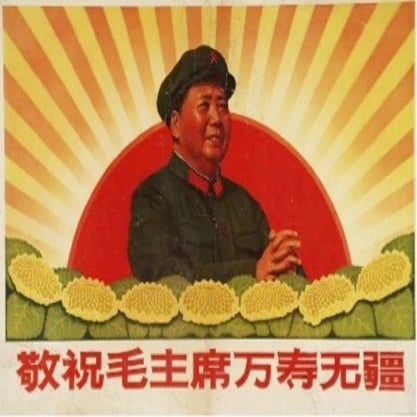Article
Liu Haisu [劉海粟] (1896–1994) By Ma, William H.
Article
Liu Haisu was a painter, art educator, exhibition organizer, and key figure in introducing Western art to China in the 20th century. As the founder of art schools in Shanghai and Nanjing—including the Shanghai Academy, the first art college in modern China—he advocated for a Western style of art education. He encouraged individual students’ creative expression, and attracted much scandalous attention when he introduced nude model drawing into his school in 1920. As an exhibition organizer, he helped introduce modern Chinese art to Europe and Asia. He was involved with many artists’ groups, including co-founding the Heavenly Horse Society, a group that promoted French salon-style exhibitions.
Born into a family of distinguished literati, Liu was trained in classical Chinese painting when he was young. After briefly studying art in Shanghai, he traveled to Japan and later Europe to view and learn about Western art. His early works reflected much of what he saw: paintings by Post-Impressionists like Paul Cézanne and Vincent Van Gogh. Returning to China, he became an active promoter of that particular type of European modernism. His later works were mostly in traditional Chinese media and techniques, but they were clearly indebted to the Post-Impressionists in the use of bold colors and expressive brushstrokes.

